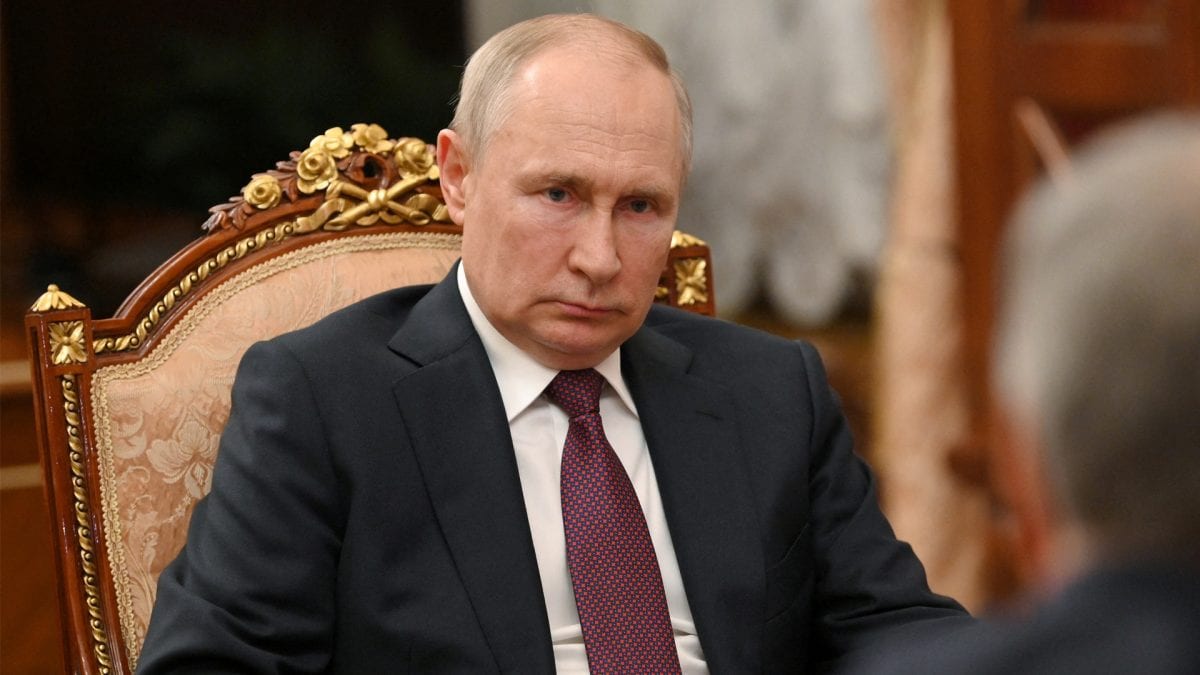While Vladimir Putin tries to demonstrate to the entire world his willingness to start a nuclear war, even recognised ‘hawks’ among pro-Kremlin analysts do not conceal the fact that they hope for peaceread more
Last month Russia
struck the Dnieper with an Oreshnik medium-range intercontinental ballistic missile. Experts
believe that this missile is a new modification of the RS-26 Rubezh system, designed for nuclear strikes at distances of up to 6,000 kilometers. The missile was launched at the Dnieper without a nuclear warhead; however, the senior scientific researcher at the United Nations Institute for Disarmament Research, Pavel Podvig,
believes that the Kremlin is sending a signal that “if necessary, they will be used with a nuclear warhead”.
The same message was conveyed in Putin’s emergency address after the missile launch, where he also
stated that Russia “has the right to use our weapons against military facilities of those countries that allow their weapons to be used against our facilities”, threatening to “respond just as decisively and in kind”. Radical conservatives from the Tsargrad TV channel also called the launch of the “Oreshnik” a “rehearsal for Armageddon” and
published a memo showing the flight time of the missile to the main European countries.
However, it is quite telling that against this background of
increasing nuclear rhetoric over the past months, immediately following the missile launch, even sites known for their radical positions spoke out rather mildly compared to what they had published earlier. Opposition politician Mikhail Khodorkovskiy believes that the “Oreshnik” attack is only the usual form of blackmail.
According to him, Putin’s demonstration of the new weapon was provoked by the fear that after Ukraine was given permission to strike deeply into Russia with Western weapons, these missiles could reach his residences. From this, Khodorkovskiy concludes that the Russian leader who fears for his own life will not dare incite a suicidal nuclear war.
Another reason the Kremlin might not be ready for a real confrontation right now may be the high hopes of the Russian authorities for negotiations with the new US administration and the expectation of concessions from President-elect Donald Trump. For example, observers of the business newspaper Vzglyad
claim that “Trump has deep contempt for the Kyiv regime of Zelenskiy” and “he does not care about Ukrainian territory”. In their opinion, Belarus and Moldova also do not interest Trump, and the only place he could cause problems for Moscow is in the Southern Caucasus.
It is also telling that writers close to US defence ministry website Military Review, who
previously called for preparations for nuclear war, now have rushed to assert that the “nuclear strike option” against Ukraine “does not work” inasmuch as Western leaders allegedly do not see it as a threat to themselves, and therefore it will not work on them. It is interesting that earlier such arguments ended with propagandists calling for
nuclear strikes against NATO countries, but now that site’s writer, Mikhail Nikolayevskiy,
suggests “maintaining the momentum of the battlefield” and creating for the Ukrainian leadership a “personal threat” by non-nuclear means can improve Russia’s negotiating position.
This position is shared by other experts at Military Review. Viktor Biryukov
writes that the probability of a clash between Russia and NATO is low, and “with a high probability, the military conflict in Ukraine will end with negotiations rather than a military victory”. Another regular author of the site, Yevgeny Fedorov, analysed the Russian nuclear doctrine and concluded that, if it were followed, Moscow should have launched a nuclear strike long ago. From this he
concludes that there is as yet no real threat to Russian security in the actions of Ukraine and the West, and therefore the Russian response should be “outside the framework of nuclear deterrence strategy”.
Pro-Kremlin military experts commenting on the “Oreshnik” launch also
emphasise that Russia now has a non-nuclear instrument for a retaliatory strike. It is also significant that one of the main propagandists in favour of launching a nuclear strike
against Western countries, member of the Council on Foreign and Defence Policy, Sergey Karaganov, in his new article for the journal Russia in Global Affairs more openly reveals his plans.
In particular, Karaganov
names as Russia’s main tasks not victory in Ukraine, but the removal of the US from the position of hegemon and the “removal of Europe from the position of important global player”. He proposes to achieve these goals by “strengthening nuclear deterrence/intimidation and diplomacy”, while simultaneously developing relations with the countries of the “global majority”. It follows that in his opinion, Russia need not actually prepare for a world war, and that it is important only to break the will of the West by demonstrating such a willingness. At the same time, he cynically notes that “victory in Ukraine is and must be presented in propaganda as the most important prerequisite for stopping the world’s slide toward World War III, which has been going on for several years now”.
Thus, it seems that neither the Kremlin nor analysts close to it believe in the real possibility of a new world war, although they use it actively in propaganda. They hope, first, to frighten the West in order to bargain for themselves a more advantageous negotiating position, but in practice they are too afraid for their lives and well-being.
Ksenia Kirillova is an investigative journalist and analyst focused on analysing Russian society and mechanisms of action of Russian propaganda. Views expressed in the above piece are personal and solely those of the author. They do not necessarily reflect Firstpost’s views.
